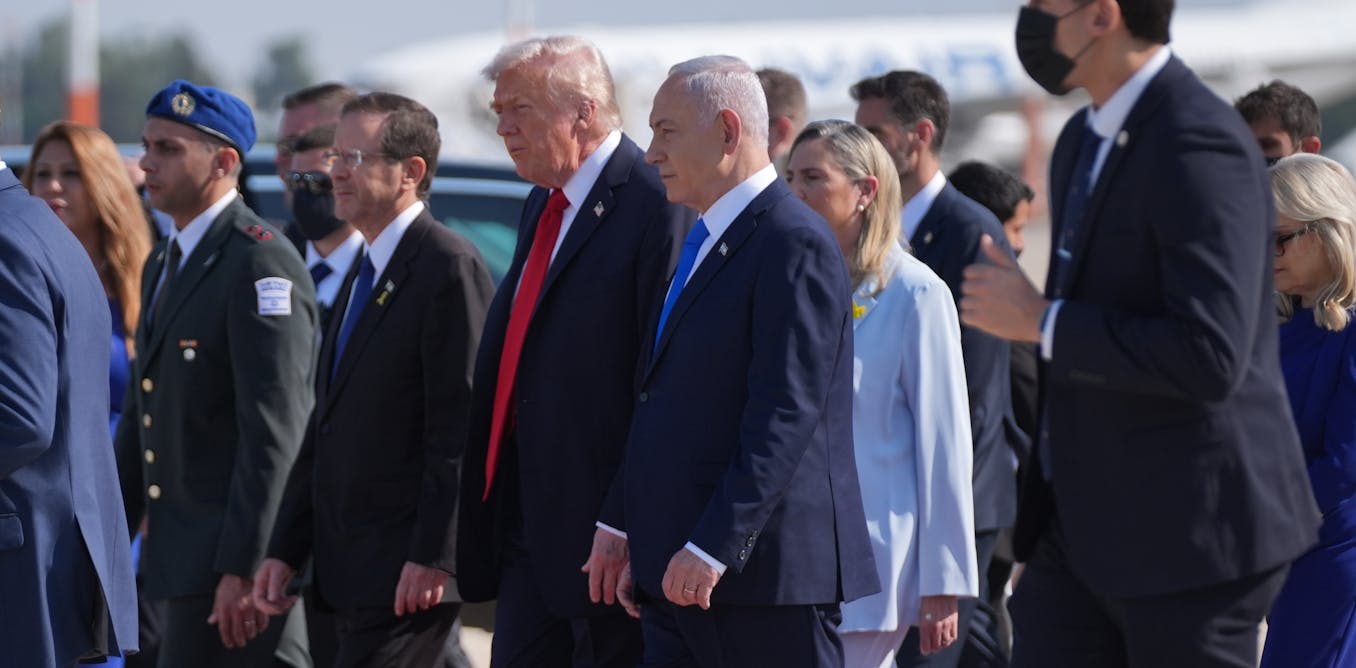By Joe Cash
BEIJING (Reuters) -China's factory activity shrank for a seventh month in October, dragged by a drop in new export orders as the boost from months of front-loading to beat U.S. President Donald Trump's tariff threats finally wore off.
The official purchasing managers' index (PMI) fell to 49.0 in October from 49.8 in September, a six-month low, the National Bureau of Statistics' survey showed on Friday, remaining below the 50-mark separating growth from contraction and missing a forecast of 49.6 in a Reuters poll.
Policymakers had banked on producers rushing goods to the U.S. - the world's number 1 consumer economy - ahead of the potential triple-digit levies on Chinese goods over the first three quarters of 2025 to help offset weak domestic demand.
But analysts had warned that the strategy was unsustainable, effectively borrowing growth from the future to make the world's second-largest economy appear stable.
Factory owners stepped up efforts to reach new customers in Europe, Latin America, the Middle East and Africa, but are increasingly selling at a loss with no other markets to absorb anywhere near the $400 billion of goods the U.S. once purchased.
"Given that we are actually seeking a bit more stimulus in the fourth quarter - investment driven by policy financing tools and new government bonds - I am a bit surprised by the drop in the PMI reading this month," said Xu Tianchen, senior economist at the Economist Intelligence Unit.
"Exports seemed to be a major drag this month. It might be indicative of a payback of the earlier front-loading of export orders," he added.
TRADE WAR CASTS A LONG SHADOW
Economists estimate the loss of the U.S. market has cut export growth by around 2 percentage points, or roughly 0.3% of GDP.
Policymakers are looking to see whether China's $19 trillion economy is on track to hit its official 2025 growth target of around 5%, without needing to reach for further stimulus.
The non-manufacturing purchasing managers' index (PMI) rose to 50.1 from 50.0 in September. The increase was supported by an uptick in the services sector, whose reading edged up to 50.2 from 50.1, while the construction component slipped to 49.1 from 49.3 in September.
"Some of this weakness may reverse in the near-term, but any boost to exports from the latest U.S.-China trade 'deal' is likely to be modest and wider headwinds to growth will persist," said Zichun Huang, China economist at Capital Economics.
Trump and Chinese President Xi Jinping on Thursday agreed to de-escalate tensions, including through a one-year delay in reciprocal tariffs, but the agreement does little to address a deeper divide between the two superpowers.

 German (DE)
German (DE)  English (US)
English (US)  Spanish (ES)
Spanish (ES)  French (FR)
French (FR)  Hindi (IN)
Hindi (IN)  Italian (IT)
Italian (IT)  Russian (RU)
Russian (RU) 























Comments